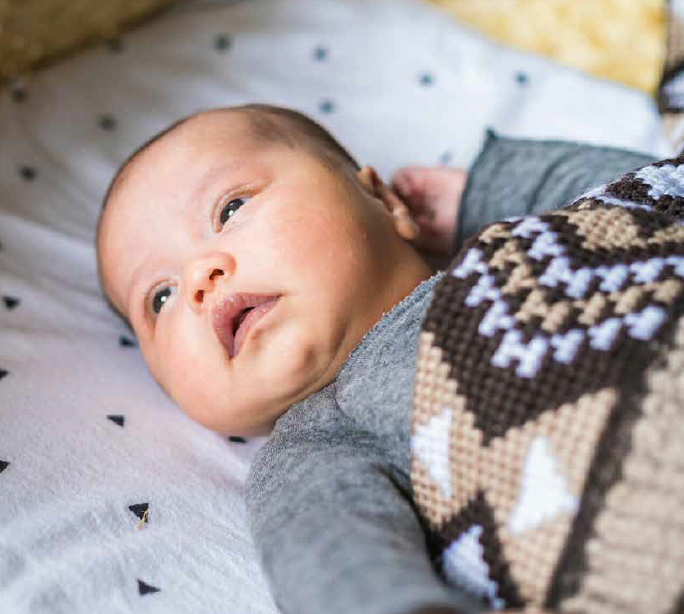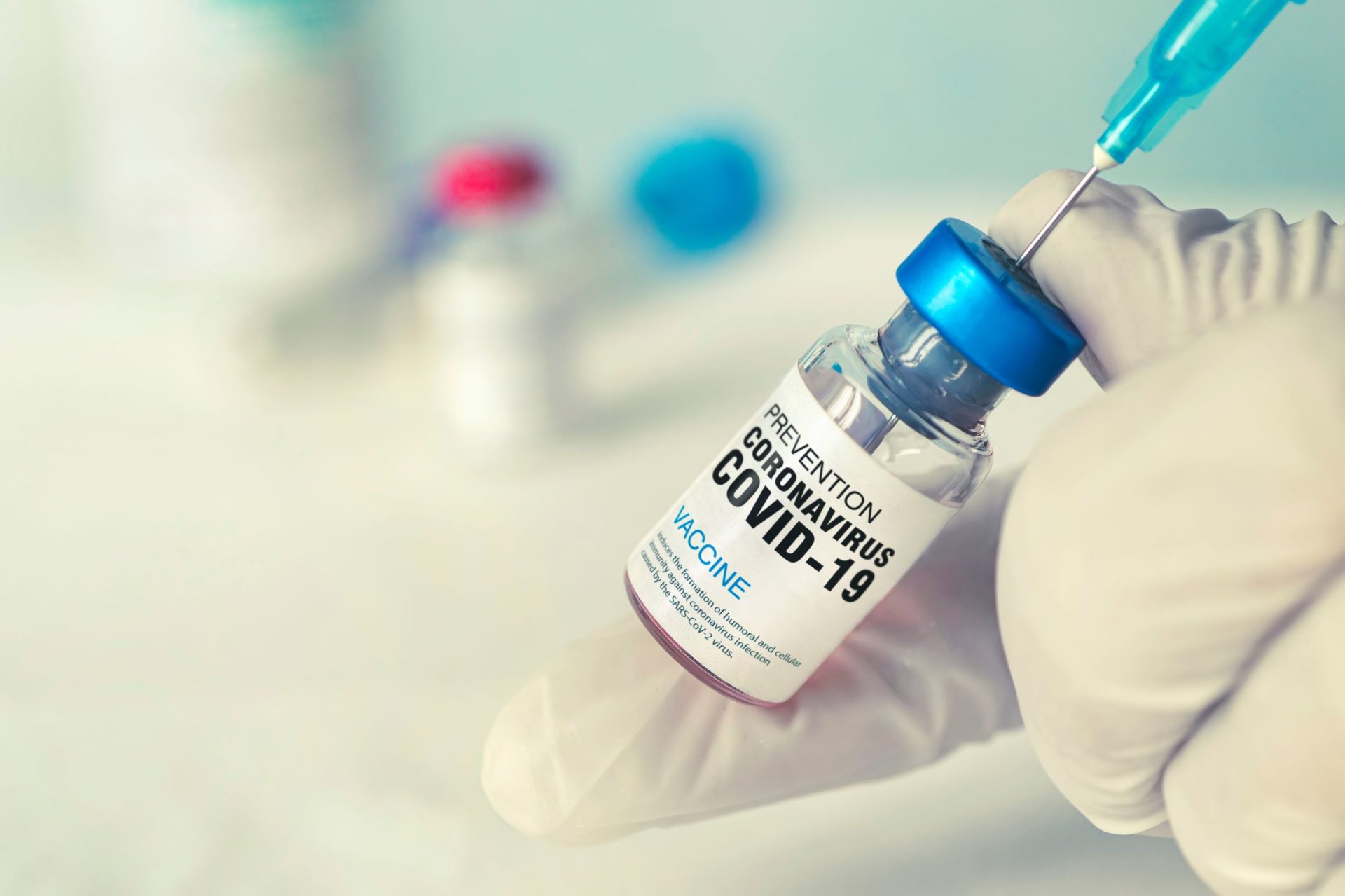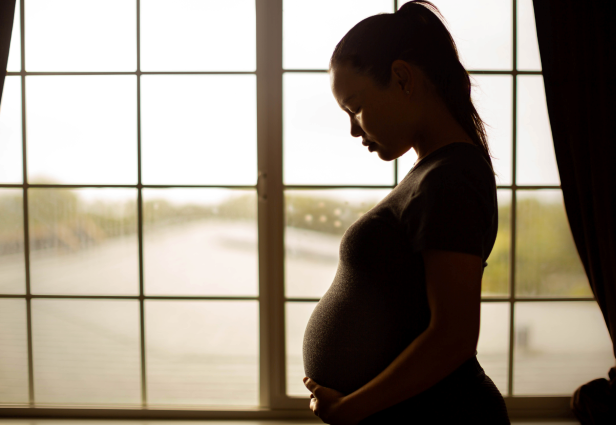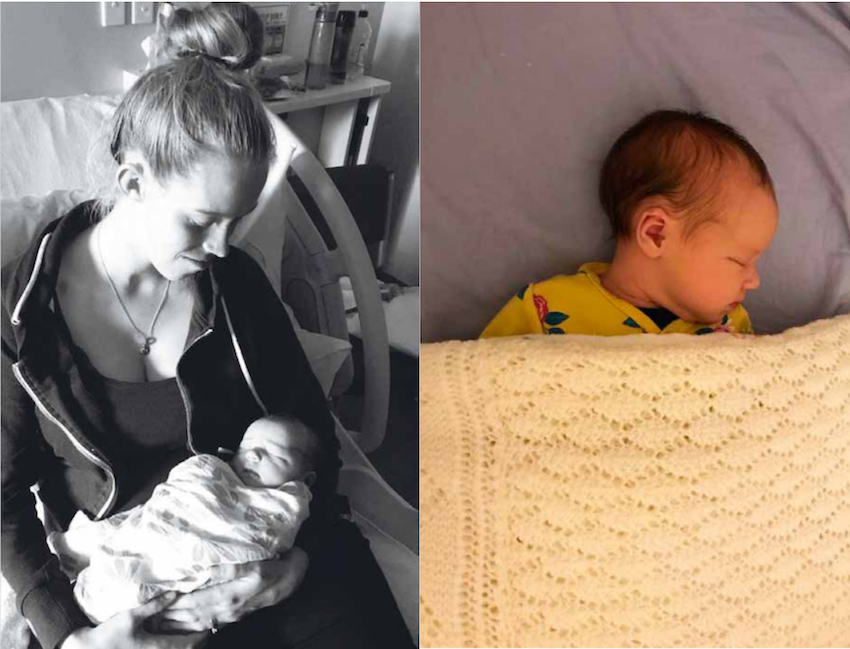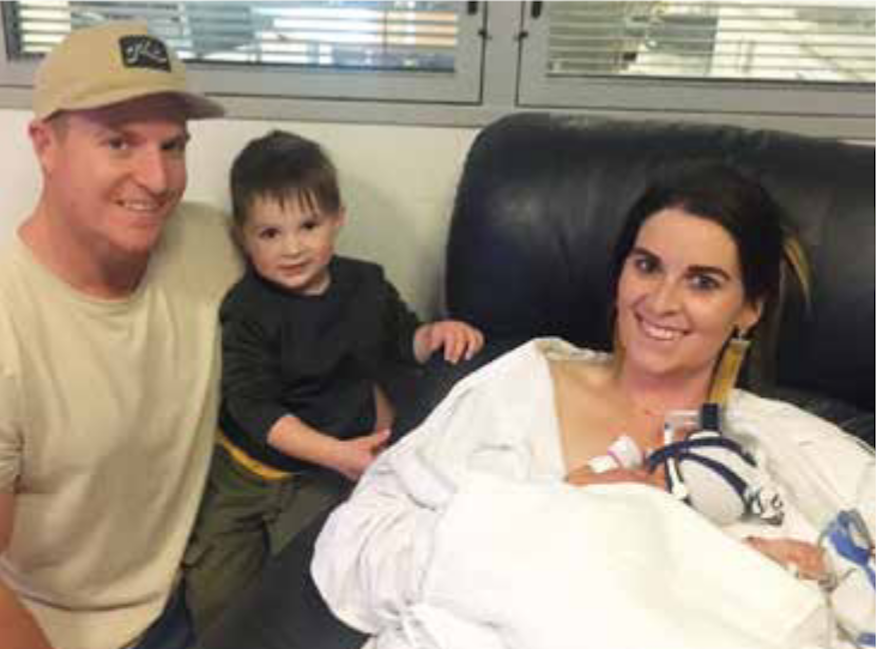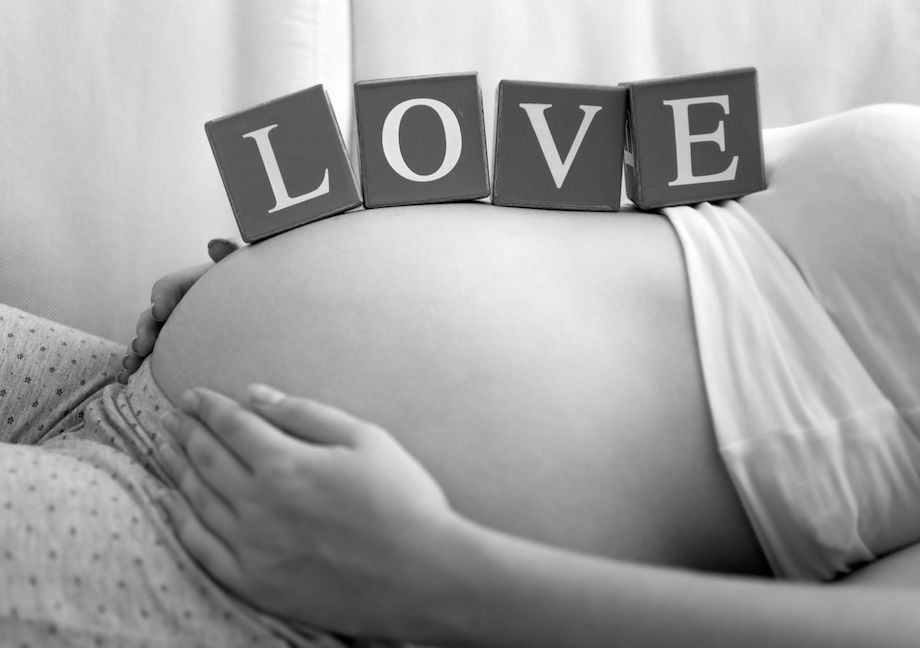
Oxytocin is often referred to as the hormone of love. It is present when we hug each other, kiss, and make love, birth our babies and breastfeed.
It really is an incredible hormone. You know that ‘feel good’ feeling you get when you hug someone? That’s oxytocin.
The levels of oxytocin rise whenever we feel sexually aroused. Throughout labour as oxytocin levels rise, the contractions become more efficient bringing the joyous moment of meeting your baby closer and closer. Skin to skin with baby immediately after birth releases oxytocin helping the uterus to contract back to pre-pregnancy size. And lastly oxytocin plays a pivotal role in breastfeeding.
The biggest contraindication for oxytocin is adrenalin. Whenever you feel stressed, anxious, register a threat, feel frightened of the pain, adrenalin will rise. Unfortunately adrenalin and oxytocin don’t get along well. When adrenalin goes up, oxytocin levels drop – resulting in labour slowing down or even stopping and breastfeeding being interrupted causing baby stress and hunger.
Just as you set a relaxed, romantic scene for making love and making babies, so too do you need to have a relaxed environment and mind-set when birthing your baby and breastfeeding.
Relaxation is the key to coping in labour and successful breastfeeding.
For further reading on this topic see the following excellent links:
- https://www.birthinternational.com/articles/birth/16-pain-in-labour
- http://www.childbirthgraphics.com/index.php/articles/hormones-of-labor-and-birth/
- http://www.bellybelly.com.au/birth/ecstatic-birth-natures-hormonal-blueprint-for-labor#.VFANhPmUf7s
This information is from our Ask A Childbirth Educator series of questions, October 2014

